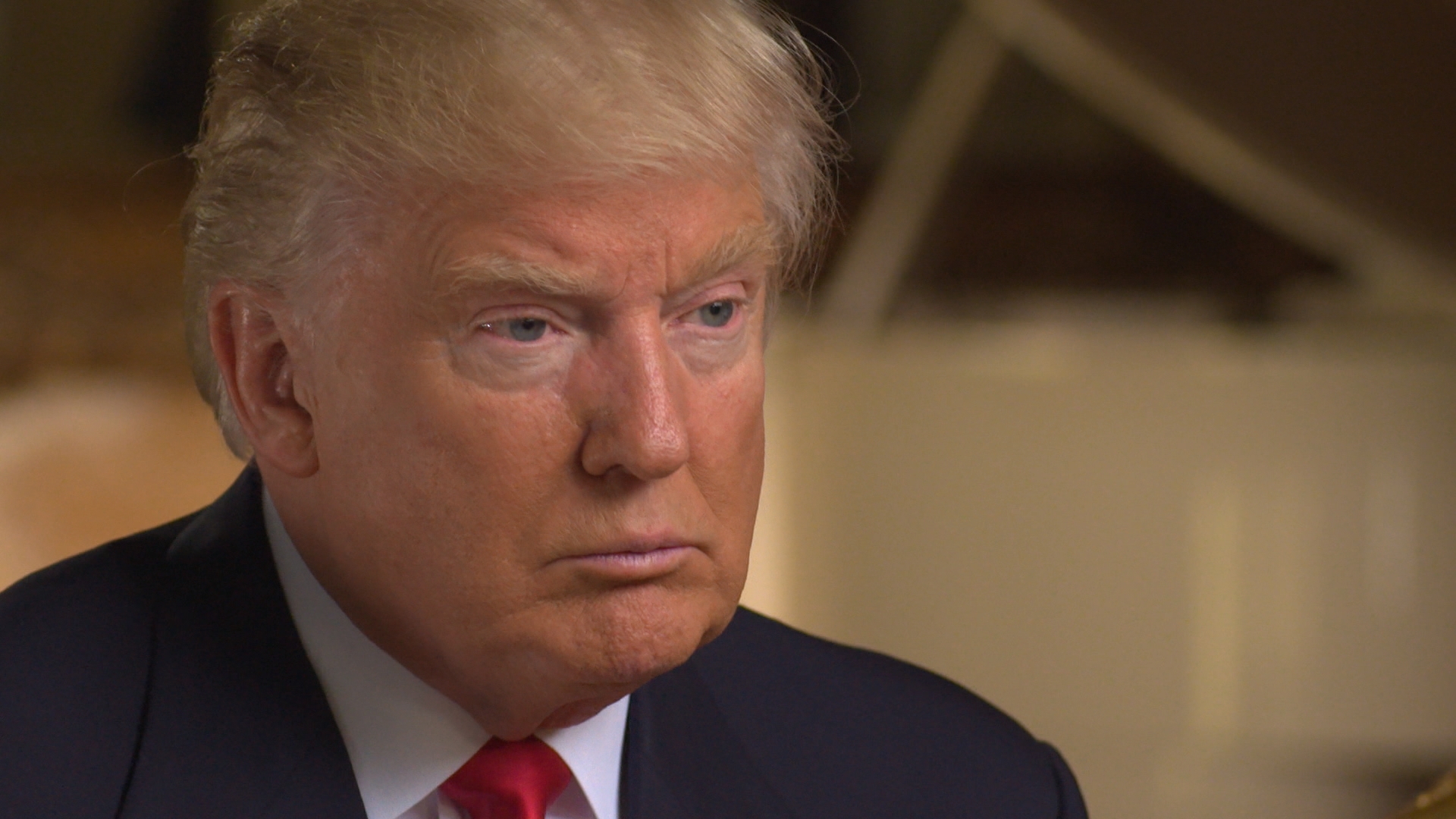
Jordan Schneider is a fellow of the Hertog War Studies Program
One of the most flawed pro-Donald Trump arguments currently circulating suggests that his political inexperience won’t matter. Since most presidential decisions are toss-ups, the theory goes, all you have to do is pick good advisors who will help you make the right calls. But Trump, a poor judge of character who doesn’t understand the basics of governing, will probably stumble from unforced error to unforced error.
On Monday, the Wall Street Journal reported that when President Obama met with Trump, “Mr. Obama walked his successor through the duties of running the country, and Mr. Trump seemed surprised by the scope, said people familiar with the meeting.”
Advisors—especially second-rate ideologues like Newt Gingrich, Rudy Giuliani and Steve Bannon, and Trump’s neophyte children—don’t replace the need for Trump to have the personal knowledge and initiative to solve complex political problems.
Decisions that make it to a President’s desk are often the most intractable and important in the world. Thousands of senior administration officials conduct innumerable interagency meetings to find consensus before kicking an issue to the President.
The job of the President is more akin to directing the world’s most complicated orchestra than flipping a coin. You can’t look at the different sections individually—each decision you make about the violins also impacts the winds and percussion. And as the conductor, you’re the only one accountable for how the music sounds.
But unlike conductors, presidents have to rewrite the score constantly. History has shown us countless examples of national leaders who changed history with initiatives their advisors either overlooked or vigorously opposed. Take Churchill rallying the U.K. to continue the fight after France fell.
Presidents know that finding creative solutions is where they can matter the most. When asked about what keeps him up at night, President Obama said his Syria policy. “I do ask myself, was there something that we hadn’t thought of? Was there some move that is beyond what was being presented to me that maybe a Churchill could have seen, or an Eisenhower might have figured out?”
Creative decision making is one critical component to evaluating a President’s “Value over Replacement.” The concept, lifted from baseball analytics, tries to look at how the president acted differently from their average replacement. For instance, while Thomas Jefferson commonly earns praise for making the Louisiana Purchase, most of his contemporaries also agreed it was a good idea, making his decision to pay up for the French-owned land less impressive.
The U.S. is not a company. If a CEO messes up—as Trump frequently has—the worst-case scenario sees a few thousand folks out of work. The risks in government are immeasurably higher. Defaulting on debt triggers not an orderly Chapter 11 proceeding but a global recession. Overplaying a hand in a negotiation doesn’t just sour a deal but could start a war. Policy experience helps presidents better evaluate advice and predict consequences, in turn decreasing the odds of catastrophe.
As Arthur Koestler writes in Darkness at Noon, Soviet leaders “all thought one could treat history like experiments in physics. The difference is in physics one can repeat the experiment a thousand times, but in history only once.”
Trump has demonstrated extraordinary accomplishment at one thing and one thing only—winning a presidential election. Trump will fail as president for many reasons, chief among them his ignorance. As Newt Gingrich said in August, “He can’t learn what he doesn’t know because he doesn’t know he doesn’t know it.”
More Must-Reads From TIME
- The 100 Most Influential People of 2024
- The Revolution of Yulia Navalnaya
- 6 Compliments That Land Every Time
- What's the Deal With the Bitcoin Halving?
- If You're Dating Right Now , You're Brave: Column
- The AI That Could Heal a Divided Internet
- Fallout Is a Brilliant Model for the Future of Video Game Adaptations
- Want Weekly Recs on What to Watch, Read, and More? Sign Up for Worth Your Time
Contact us at letters@time.com